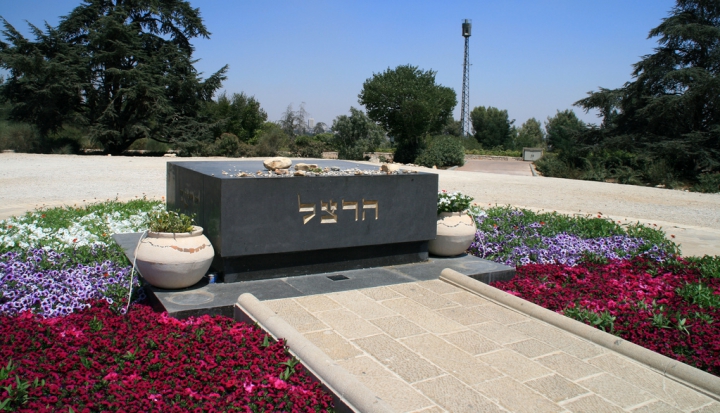Guest blog
When Pope Francis visits Israel this Sunday and Monday (May 25-26, 2014), he will be the fourth pope to do so. For Israel and the Jewish community, this is an important validation of the new relationship between the Vatican and the Jewish people that was inaugurated with the Second Vatican Council’s 1965 declaration Nostra Aetate.
Fifty years ago, in 1964, Paul VI was in Israel for 11 hours as part of a trip that included Jordan and, most importantly, a meeting with the Ecumenical Patriarch Athenagoras of Constantinople. It was not an official state visit, and both Israel and the international Jewish community felt snubbed. In retrospect, however, his trip helped lay the groundwork for the passage of Nostra Aetate.
John Paul II was the first pope to pay an official visit to Israel. At Yad Vashem, Israel’s Holocaust Memorial, he met with survivors, including one he had helped as young priest in Poland. The image of the pope placing a prayer in the Western Wall expressing “sadness” for the persecution of Jews, spoke volumes about his personal commitment to Jewish-Catholic relations and about the church’s commitment to Nostra Aetate.
Benedict XVI’s trip to Israel was not as momentous as that of his predecessor, and there were some awkward moments. Nonetheless, the overall impact of the visit was positive. While John Paul’s visit could have been seen as unique, Benedict’s visit seemed to confirm that papal visits to Israel had become a regular part of papal travel itineraries.
Therefore, the Jewish community was pleased when Pope Francis, whose bona fides in Jewish-Catholic relations are impeccable, announced early in his papacy that he would visit Israel. This trip, however, will be much shorter than that of John Paul II or Benedict XVI, just 25 hours. Some have suggested that this is enough time to visit important places and meet with the appropriate people but will minimize the opportunity for controversy and missteps.
Francis will lay a wreath at Theodor Herzl’s grave, visit Yad Vashem, the Western Wall, the Great Synagogue, where he will meet with Israel’s chief rabbis, and he will have separate meetings with Israel’s Prime Minister Benjamin Netanyahu and President Shimon Peres.
Of these, the wreath laying is significant. Herzl, considered the founder of modern Zionism, met with Pius X in 1904 to try to secure the pope’s support for the establishment of the Jewish state. That pope said, “We cannot prevent the Jews from going to Jerusalem—but we could never sanction it. The soil of Jerusalem, if it was not always sacred, has been sanctified by the life of Jesus Christ.… The Jews have not recognized our Lord, therefore we cannot recognize the Jewish people.” Francis’ gesture will underscore the changes that have taken place since that meeting 110 years ago.
It should be remembered that the primary purpose of this trip is the meeting between Francis and the Ecumenical Patriarch Bartholomew of Constantinople in celebration of the 50th anniversary of the meeting that took place in 1964. Furthermore, the pope will tour not only Israel but also Jordan and the Palestinian territories, and he will visit Christian and Muslim holy sites.
Francis will celebrate a Mass at the Cenacle, believed to be the site of the Last Supper as well as the location of King David’s tomb. Some extremists in the Jewish community fear that the Israeli government plans to turn this property over to the church as part of the Final Agreement between the Holy See and Israel. There have already been protests. Additionally, the spate of so called “price tag” attacks on Christian institutions casts a shadow over the visit; the recent arrest of some perpetrators is welcome news.
It is a jam-packed itinerary in which the pope will try to satisfy Jews, Christians, and Muslims; Israelis and Palestinians. That’s a tall order. The possibility of protests and violence as well as attempts to score political points by any of the involved parties is a serious concern. So too are unrealistic expectations. The pope is not going to bring about peace in the Middle East nor will the Final Agreement with Israel be concluded during his stay. It will be enough if the trip goes smoothly and the pope is able to bring his message of peace and reconciliation to the region.
Image: Flickr photo cc by fabcom
Read about Pope Francis’ first stop in Jordan on his pilgrimage through the Middle East.








